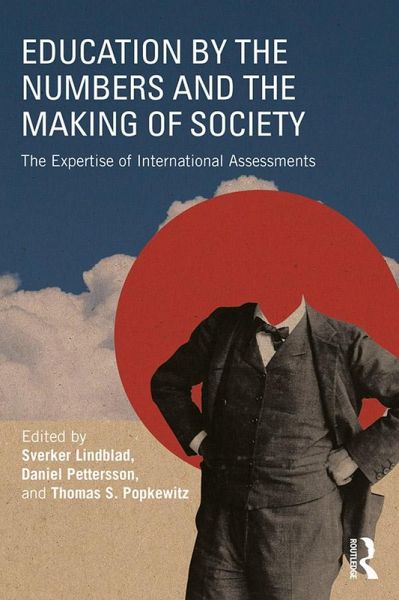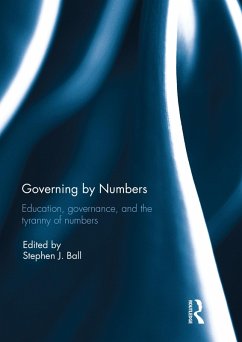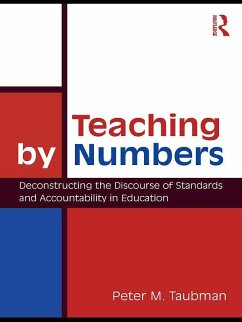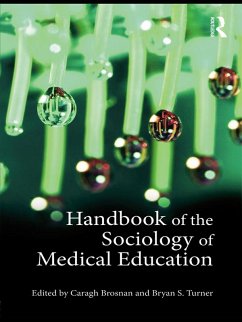
Education by the Numbers and the Making of Society (eBook, PDF)
The Expertise of International Assessments
Redaktion: Lindblad, Sverker; Popkewitz, Thomas S.; Pettersson, Daniel
Versandkostenfrei!
Sofort per Download lieferbar
41,95 €
inkl. MwSt.
Weitere Ausgaben:

PAYBACK Punkte
21 °P sammeln!
International statistical comparisons of nations have become commonplace in the contemporary landscape of education policy and social science. This book discusses the emergence of these international comparisons as a particular style of reasoning about education, society and science. By examining how international educational assessments have come to dominate much of contemporary policymaking concerning school system performance, the authors provide concrete case studies highlighting the preeminent role of numbers in furthering neoliberal education reform. Demonstrating how numbers serve as 'r...
International statistical comparisons of nations have become commonplace in the contemporary landscape of education policy and social science. This book discusses the emergence of these international comparisons as a particular style of reasoning about education, society and science. By examining how international educational assessments have come to dominate much of contemporary policymaking concerning school system performance, the authors provide concrete case studies highlighting the preeminent role of numbers in furthering neoliberal education reform. Demonstrating how numbers serve as 'rationales' to shape and fashion social issues, this text opens new avenues for thinking about institutional and epistemological factors that produce and shape educational policy, research and schooling in transnational contexts.
Dieser Download kann aus rechtlichen Gründen nur mit Rechnungsadresse in A, B, BG, CY, CZ, D, DK, EW, E, FIN, F, GR, HR, H, IRL, I, LT, L, LR, M, NL, PL, P, R, S, SLO, SK ausgeliefert werden.













